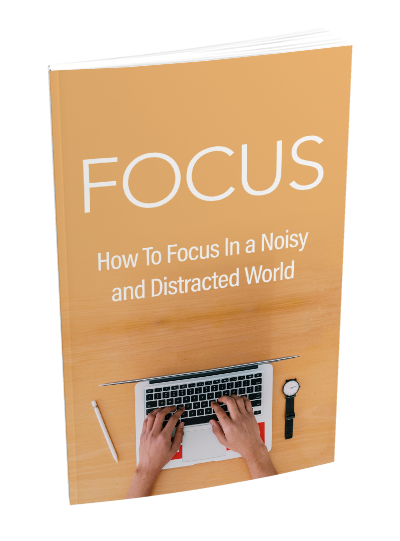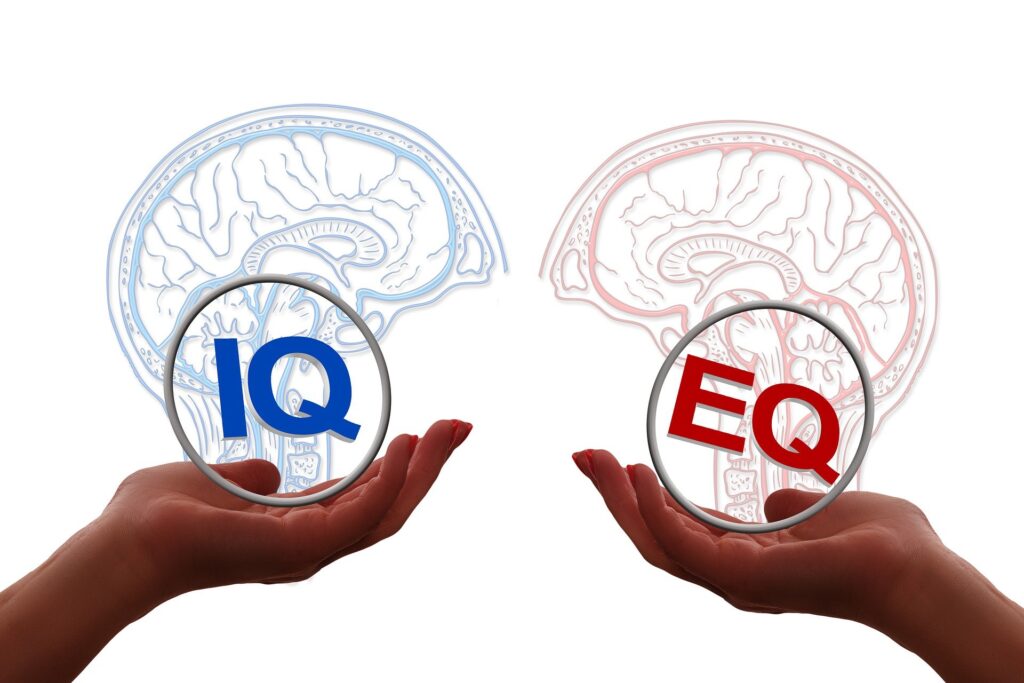Free Training & Career Tips... Subscribe to Get Weekly Career Tips

By Subscribing You are Agreeing to Terms and Conditions
It was once believed that the single measure of success in life was determined by a person’s IQ (Intelligence Quotient). Schools and tertiary institutions focussed mainly on an individual’s academic potential, and if one didn’t score well in an IQ test the assumption was made that one would struggle to successfully make one’s way in the world. This was the accepted norm.
It was only in 1995 when the concept of EQ (Emotional Intelligence) first emerged, and was made popular by the publication of Daniel Goleman’s book “Emotional Intelligence: Why It Can Matter More Than IQ”, that existing paradigms were radically altered. At this stage, it became evident that relying solely on one’s powers of academic prowess was not the only way to succeed.
Yet, the journey of exploring the different types of intelligence quotients does not start or end here. Let’s go back 100 years or so. In 1920 Edward Thorndike coined the term Social Intelligence, now referred to as Social Quotient (SQ), which is an individual’s ability to understand and manage others and to engage in adaptive social interactions. Referring to Social Intelligence, he was quoted to have said that it is “the ability to understand and manage men and women and boys and girls, to act wisely in human relations.” Thus, Social Intelligence is equivalent to Interpersonal Intelligence, which is one of the types of intelligence in Howard Gardner’s Theory of Multiple Intelligences, and closely relates to Theory of Mind.
As we delve deeper into our investigation into the different types of intelligence, we encounter yet another candidate along the way. This is where the real paradigm shift happens. Yes, undoubtedly, most of us are fully au fait with the idea of the importance of having a high IQ, some of us are clued up around EQ and have even embarked upon our own journeys of self-improvement to raise our EQ levels. Then again, certain people have caught the wave of Social Intelligence and are now surfing higher SQ’s. Yet, most of us have never even heard of the concept of Adversity Intelligence (AQ). This is where things start to get even more interesting.

In 1997, Paul Stoltz introduced the concept of Adversity Quotient (AQ) with the publication of his groundbreaking book, Adversity Quotient: Turning Obstacles into Opportunities. As one of the likely indicators of a person’s ability to succeed in life, AQ is also used to predict mental stress, attitude, learning, perseverance, and responses to changes in the environment.
The general consensus in the world today is that the economic impact of the Covid-19 pandemic is predicted to be worse than that of the 2008 Global Financial Crisis. Looking at previous economic crises we have also learned that their effects are generally felt for years to come. In the wake of the pandemic companies globally have been forced to radically alter the way they do things. Business models have changed, office space has shrunk with the shift towards remote working and meetings are held via virtual platforms. So, let’s explore the different intelligences in terms of what they are, why each one is important in its own way, and more importantly, why a high IQ alone will get you nowhere.
Intelligence Quotient (IQ) is the measure used to determine our reasoning ability. IQ is used to determine how well an individual makes use of information and logic to answer questions and make predictions. Skills such as critical thinking, logic, and abstract reasoning all form part of the IQ score. An IQ test also measures how well an individual can solve puzzles or recall information and how quickly. There is no doubt that to become at least adequately proficient at any job, skill, or profession, one needs a reasonably sound IQ. In the past, someone with a degree would have stood a better chance of getting a job than someone without one. However, technical skills alone are not sufficient when dealing with the fallout in a post-pandemic world and your degree alone does not guarantee success.
Essentially, Emotional Quotient (EQ) is the ability to control one’s emotions in positive ways to communicate effectively, minimise stress, show empathy towards others, resolve conflict, and overcome challenges. A person with a high EQ is humble, considerate, and able to maintain harmony with others. Hence, the four pillars of Emotional Intelligence are made up of:
So, twenty years ago, if you took your IQ and combined it with a relatively high EQ, you may have stood a better chance of being considered for a job over someone with academic qualifications and no interpersonal skills. But, today, we are dealing with a post-pandemic world while we grapple with the increased pace of adoption of 4th Industrial Revolution technologies that revolutionised both the way we live and the way we work. Embracing the technologies of the new world means that a high IQ will take us some of the way, a high EQ will help us to deal with the stress along the way, but, this is not where things end.
Social Quotient (SQ) has its roots in Emotional Intelligence and is the measure of a person’s ability to build a network of friends and contacts and maintain these relationships over an extended period of time. Individuals who possess a high EQ and SQ tend to succeed better than those with a high IQ but relatively low EQ and SQ. This is how someone with a high IQ can be employed by someone whose IQ is not exceptionally high but they have a high EQ and SQ. For example, think about the technical specialist who sits in the corner. He is brilliant at creative problem solving and critical thinking and everyone relies on him for these skills, yet, he is the office introvert and has no social skills and despite his high intellect and academic qualifications, he would not be placed in a leadership position.
As previously mentioned, Adversity Quotient (AQ) is all about turning obstacles into opportunities. Hence, AQ is the measure of an individual’s ability to experience a rough patch in life and emerge from the situation without literally losing their mind. Therefore, someone with a low AQ will most likely give up the ghost when faced with troubles that literally get the better of them. These individuals are the ones who are also presumably potential suicide candidates and those that will abandon their families when things go awry also fall into this category. Alternatively, a person who possesses a high AQ will likely take life in their stride and provide others with the motivation and inspiration to rise after they fall. They are the ones who say: “I succeeded in spite of my challenges.” as opposed to “I couldn’t make it because of my challenges.”
Gone are the days when only those with the highest IQs are given the opportunity to rule every aspect of the game. In fact, certain of those emotionally intelligent individuals with hundreds of Friends on Facebook and LinkedIn and who possess a reasonable IQ level, will fail dismally in the face of life’s hardest knocks when their AQ levels are not up to scratch.
Today, we are integrating 4th Industrial Revolution technologies into our lives at the rate of several knots and this seemingly forced integration, especially in the light of the pandemic, challenges our IQs, EQs and SQs daily. Yet, none of these skills are of any use to us if we do not seek to equip ourselves with adequate coping skills in the face of adversity. In a nutshell, today’s successful business leader is the one that is not only equipped with knowledge and emotional maturity, but also has the courage to rise above adversity. That person is the one who says: “Look at all this manure – there is so much of it around that there just has to be a pony somewhere.”
Reference sources: thefunlearning.com | KPMG | sciencenewsforstudents.org | Wikipedia
Copyright text 2024 by Business Optimization Training Institute.